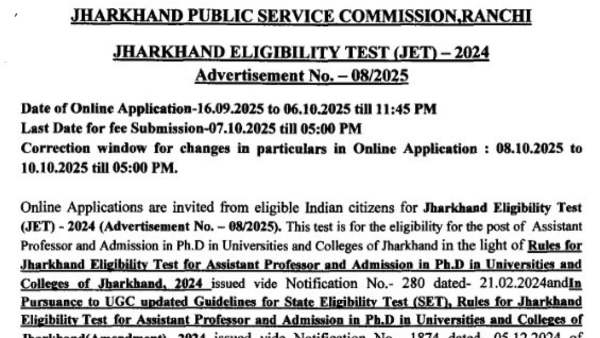
Parent-Teacher Meetings (PTMs) are more than just progress updates; they are opportunities to strengthen the home-school partnership that supports a child’s learning but many parents unintentionally sabotage these moments with behaviours that hinder open communication or affect the child’s confidence. Parent-Teacher Meetings are not interrogations but collaborations.
By avoiding criticism, dominance, comparison, conflict, dismissiveness, negativity and neglect, parents can create an atmosphere where children feel supported and teachers feel respected. Research confirms that the quality of parent-teacher communication directly impacts student success. In other words, how you show up in PTMs may shape not just your relationship with teachers but your child’s relationship with learning itself.
Here are seven things parents should never do in PTMs and why avoiding them makes all the difference -
Never criticise your child in front of teachers
Shaming a child for grades or behaviour in front of teachers can harm their self-esteem. According to a 2015 study published in the
Journal of School Psychology, public criticism leads to increased anxiety and lower motivation in students, as children internalise embarrassment more strongly in social contexts.
Never dominate the conversation
Some parents talk over teachers, leaving little room for professional insights. A 2012 research paper in the
Journal of Educational Psychology, established that collaborative discussions, where teachers and parents share perspectives equally, produce better student outcomes than one-sided exchanges.
Never compare your child to others
Comments like, “
Why isn’t my child like so-and-so?” may seem harmless but damage a child’s sense of individuality. A 2017 study in the
Journal of Child and Family Studies found that constant comparison increases feelings of inadequacy and lowers academic self-concept, leading to decreased classroom engagement.
Never argue aggressively with the teacher
Disputing feedback in a confrontational manner creates tension and shifts focus away from the child’s growth.
A 2018
Teaching and Teacher Education study highlighted that parent-teacher conflict weakens trust and reduces the likelihood of effective problem-solving strategies being implemented at school.
Never downplay teacher feedback
Brushing aside concerns with “
It’s just a phase” or “
He’ll grow out of it” undermines constructive advice. A 2014 study in the
Elementary School Journal showed that when parents dismiss feedback, children miss timely interventions that could improve academic and behavioural outcomes.
Never use the meeting only to complain
Focusing only on what the school is doing wrong, without acknowledging positives, strains the PTM.
In a 2011 study in the
Journal of Family Psychology, researchers found that balanced conversations, where parents recognise strengths while discussing weaknesses, strengthen teacher cooperation and improve student performance.
Never ignore your child’s presence
Children are often present during PTMs. Speaking as if they are not there or worse, talking only about grades, can make them feel invisible. A 2010 study in
Child Development revealed that student involvement in school-related discussions fosters ownership, accountability and higher intrinsic motivation.
-
Bihar SIR: Manoj Jha-Led RJD Delegation Meets Full Bench Of ECI Over Voter Disenfranchisement Concerns

-
Pahalgam Attack: Court Rejects NIA's Plea For Polygraph, Narco Tests Of Accused As They Deny Consent

-
Delhi HC Sounds Alarm Over Rising Student Suicides, Calls For Robust Anti-Ragging System

-
JPSC JET 2025 Notification Out: Applications Begin On September 16 At jpsc.gov.in; Know Eligibility Criteria, Exam Pattern

-
Materialists OTT Release Date: When & Where To Watch Dakota Johnson, Chris Evans & Pedro Pascal's Romcom Online
